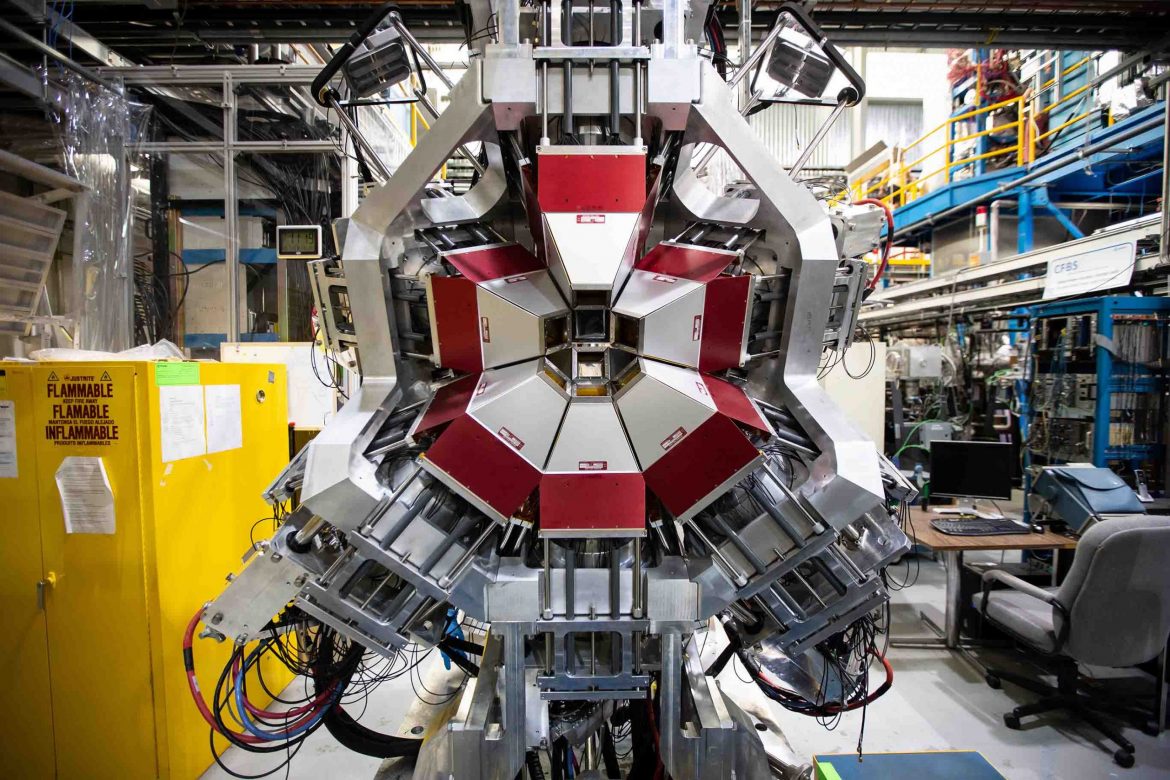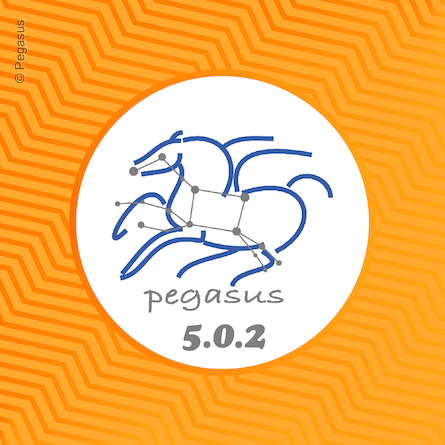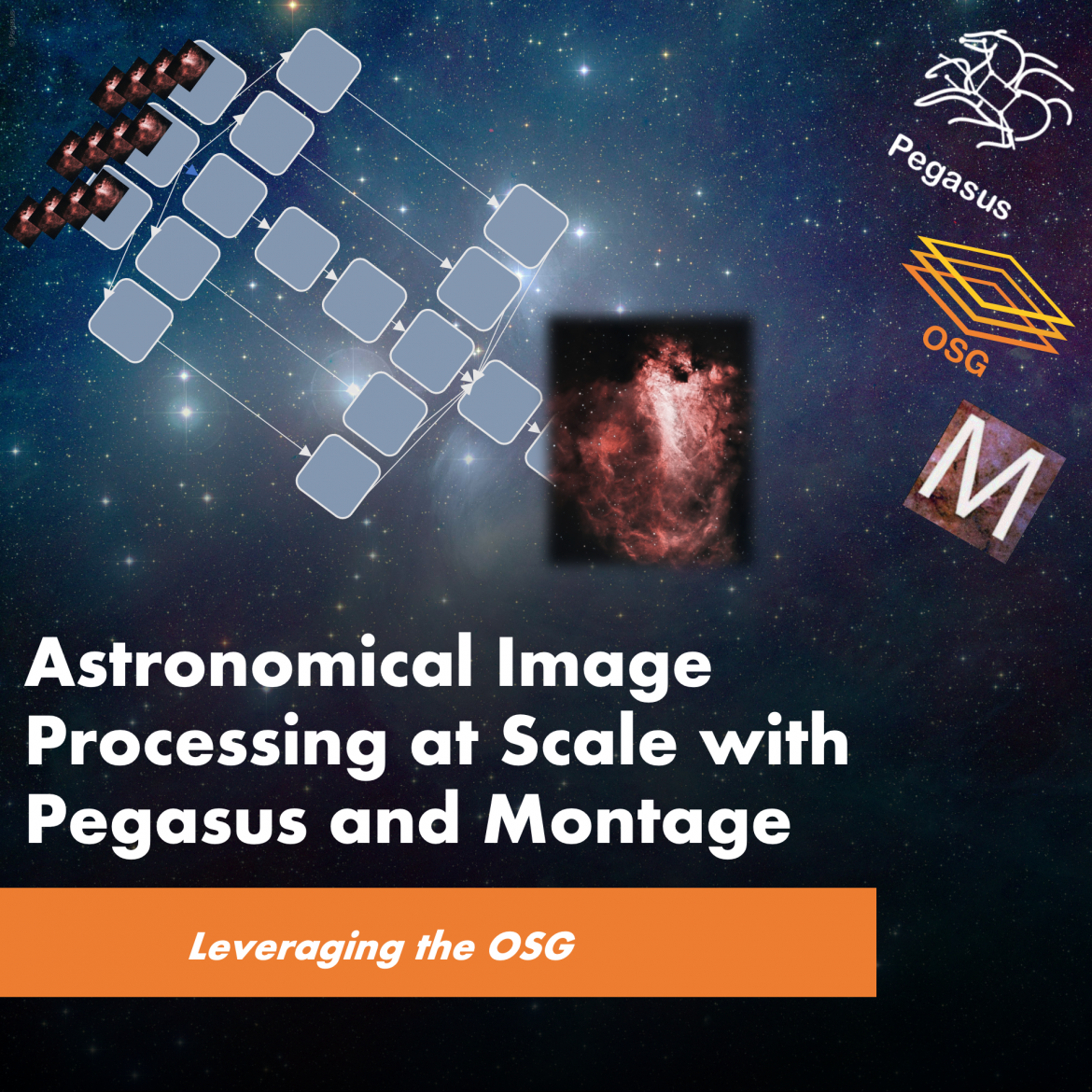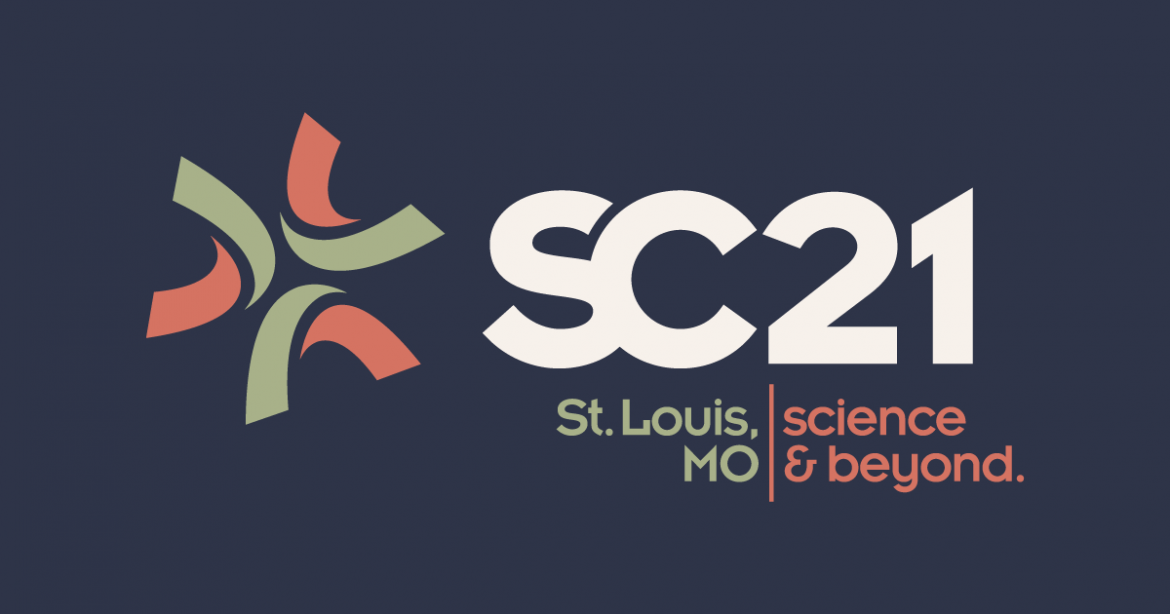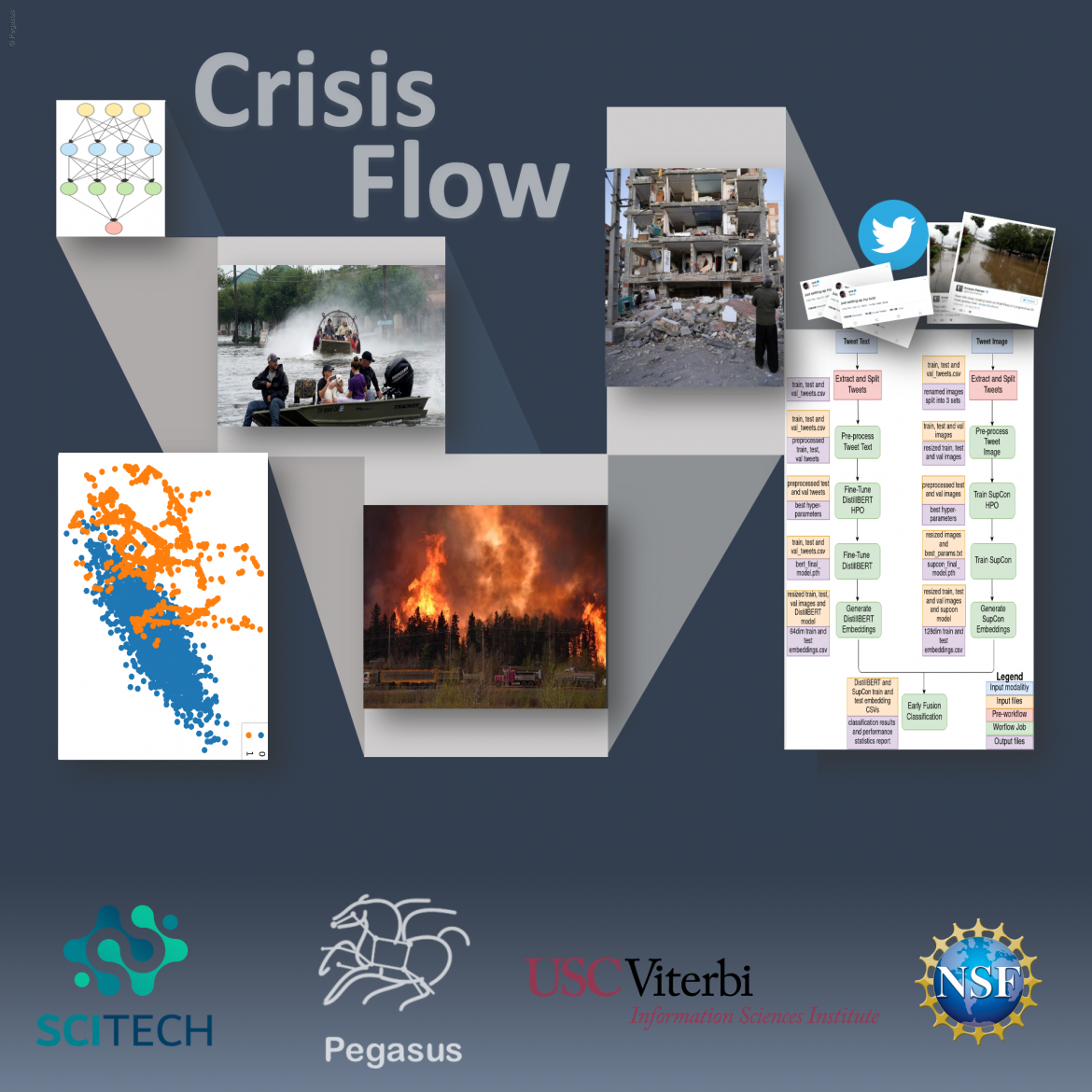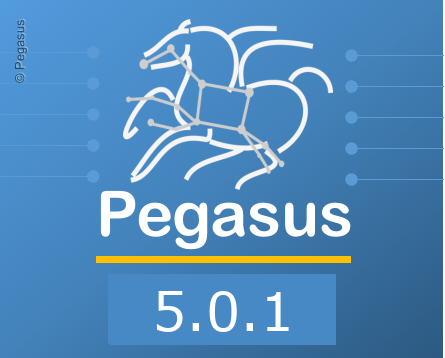Learning and adapting with OSG: Investigating the strong nuclear force
This article is a repost from OSG: “Learning and adapting with OSG: Investigating the strong nuclear force” By: Josephine Watkins The GRIFFIN Spectrometer. (Image credit: Kirk Chantraine, TRIUMF Photowalk 2018). Connor Natzke’s journey with the OSG Consortium began in 2019 as a student of the OSG User School. Today, … Read More
